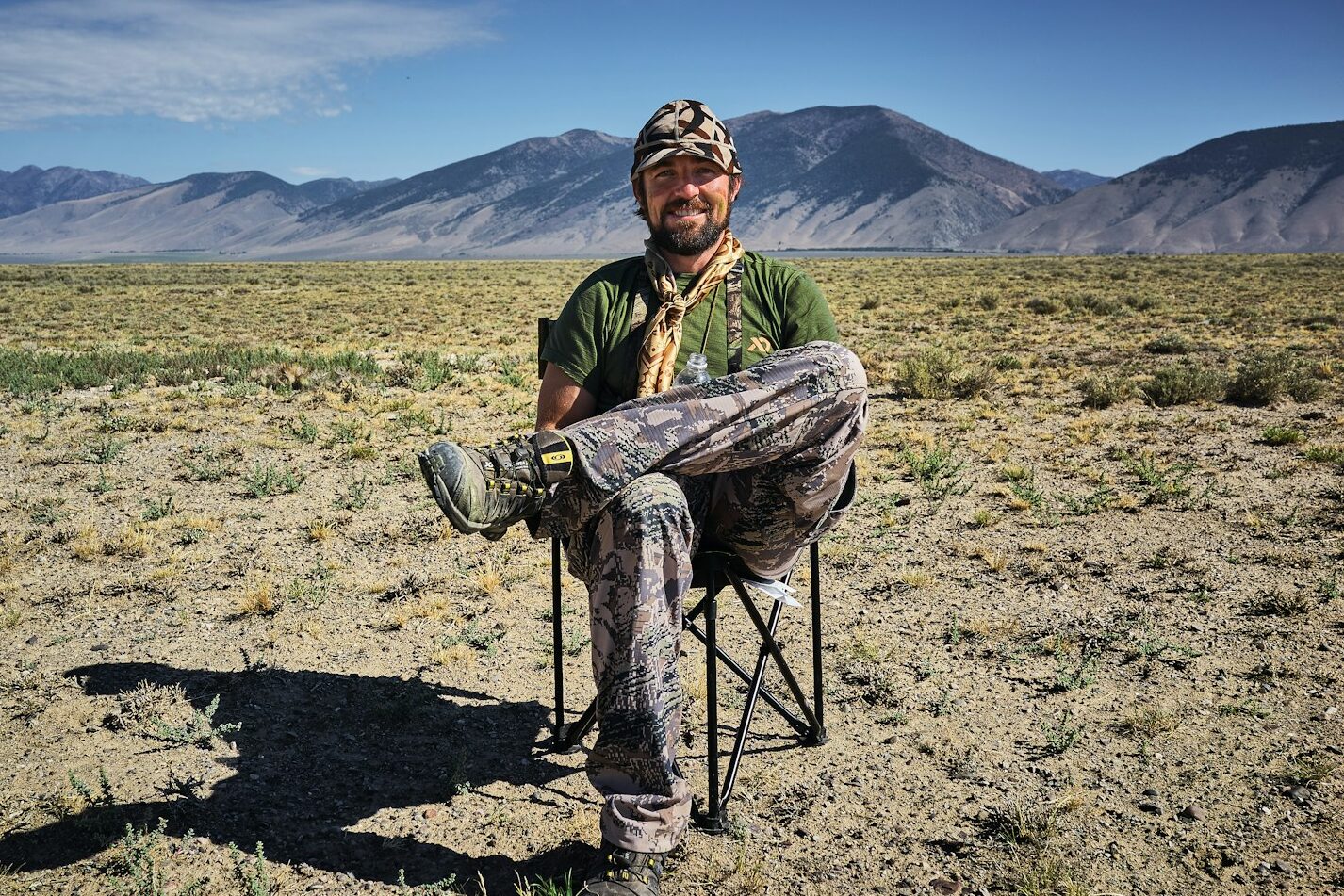
Small-town America isn’t about flashy trends or fast-paced living—it’s about roots, connection, and pride in simplicity. But it’s also often misunderstood by people who think every town without a Whole Foods is somehow behind. If you ever find yourself in one of these towns, here are 15 things you probably shouldn’t say unless you want a hundred quiet stares and one loud “Bless your heart.”
“So, what do you even do for fun here?”
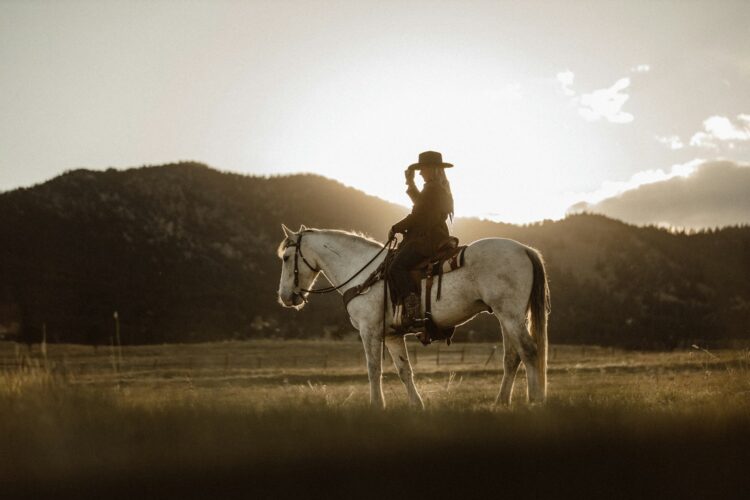
This question comes off as if you think small-town life is a punishment. Just because the entertainment doesn’t involve overpriced cocktails or velvet ropes doesn’t mean it doesn’t exist. Fun here looks like Friday night football, bonfires, fishing holes, local fairs, and spontaneous porch hangs. People know how to enjoy themselves without needing tickets, reservations, or a city skyline to feel alive.
“Don’t you get tired of seeing the same people all the time?”
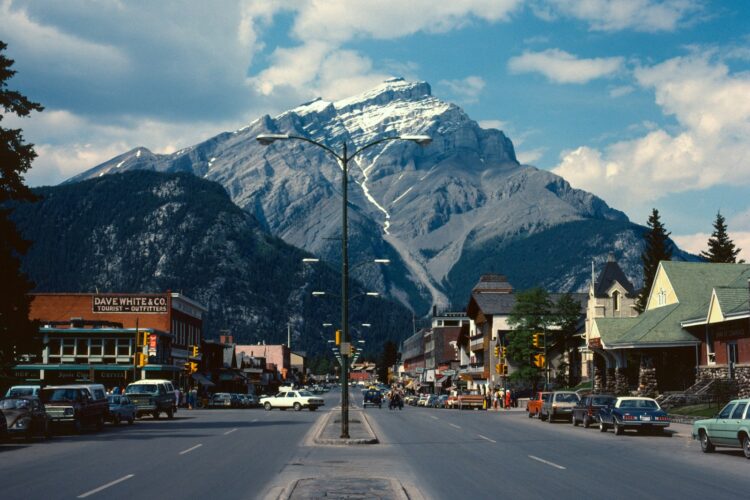
Actually, that’s the whole point. In small towns, you’re not anonymous. The same people you pass at the gas station are the ones who bring soup when you’re sick or pull your car out of a snowbank. You don’t get tired of them—you rely on them. And yes, they know your business. But they also show up when it matters.
“There’s literally nothing here.”
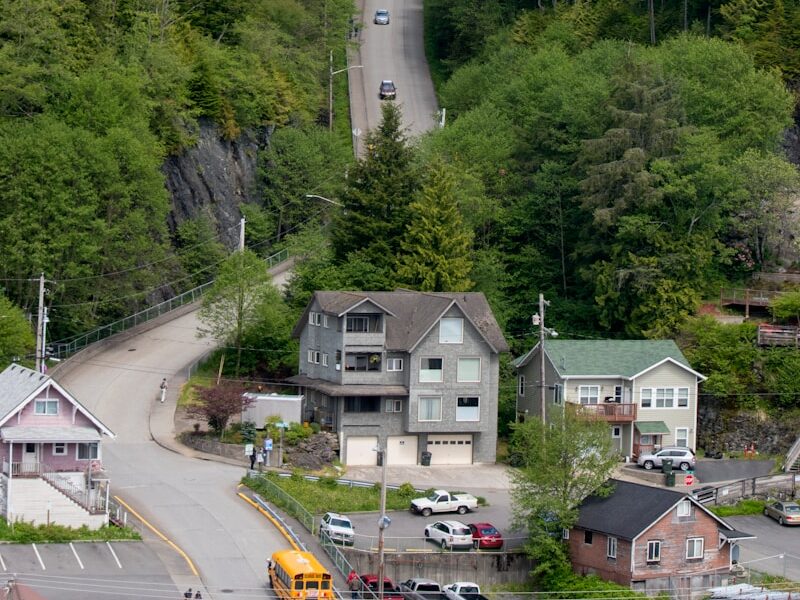
To you, maybe. But to locals, every corner of a small town holds memory and meaning. That diner might be where three generations have eaten every Sunday. That quiet road might be the homecoming parade route. What looks like “nothing” to an outsider is often everything to someone who’s lived there long enough to see what really counts.
“This town’s stuck in the past.”
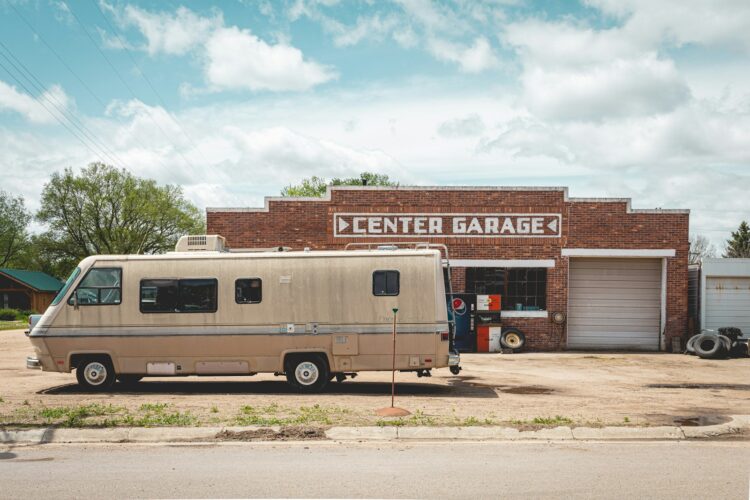
You mean it still has charm, right? Small towns preserve what they value, and that sometimes means slowing down instead of speeding up. You may see an old-fashioned main street; they see generations of stories and pride in doing things their own way, at their own pace.
“Wow, you still use cash?”

Yes, and some still write checks. In a small town, knowing someone’s face matters more than swiping a card. When you’ve gone to the same barber, grocer, or mechanic for 20 years, you don’t need a digital wallet. You just need your name and a handshake.
“I could never live this far from everything.”
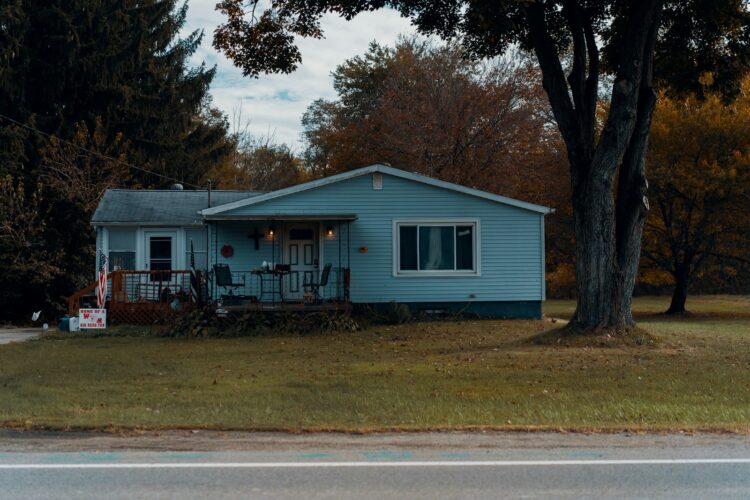
Depends on what you call “everything.” If it’s noise, traffic, and crowded sidewalks, sure. But for small-town folks, “everything” means family nearby, space to think, stars you can actually see at night, and a backyard big enough to breathe in. That kind of “everything” can’t be found in a rush-hour commute.
“Everyone knows your business here. How do you stand it?”
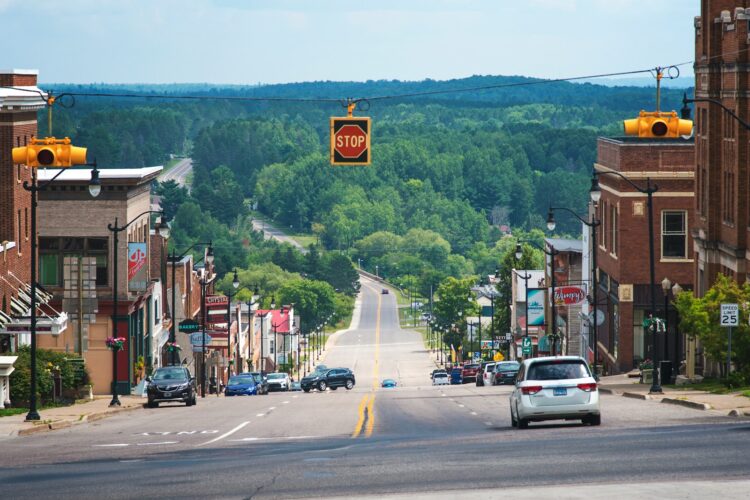
Privacy works differently here, sure, but so does care. If someone hears something about you, it’s not just gossip; it’s often a concern. People look out for each other. And when things go wrong, that so-called nosy neighbor might be the first one to show up with a meal or a toolbox.
“How do you survive without delivery?”
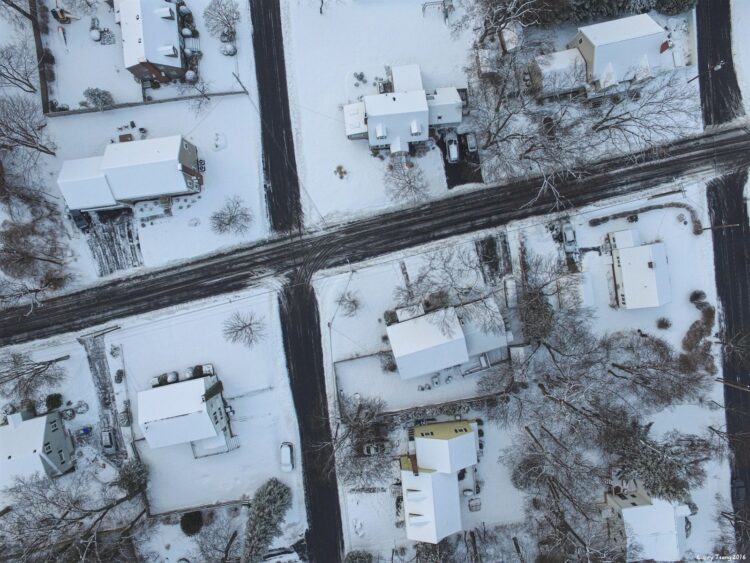
It’s not survival. It’s just different habits. People cook more, share meals, and rely on each other rather than a delivery app. Sure, there might be one pizza place that delivers if you’re lucky, but the trade-off is homemade food, potlucks, and neighbors who’ll drop off pie just because they had extra. Not a bad deal.
“There’s no culture here.”
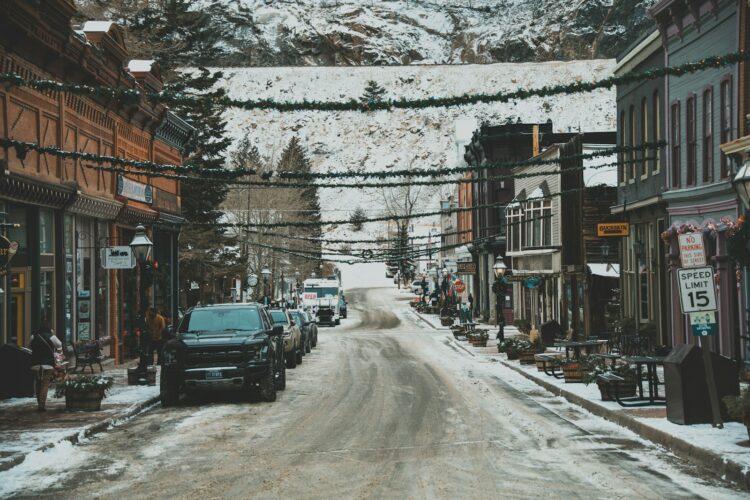
Culture isn’t reserved for museums and music halls. In small towns, culture is in the community theater, church choir, Friday night lights, craft fairs, and generational recipes passed down at family reunions. You just won’t find it behind a velvet rope. You’ll find it in everyday traditions that hold people together without needing an entry fee.
“You must be dying to leave.”
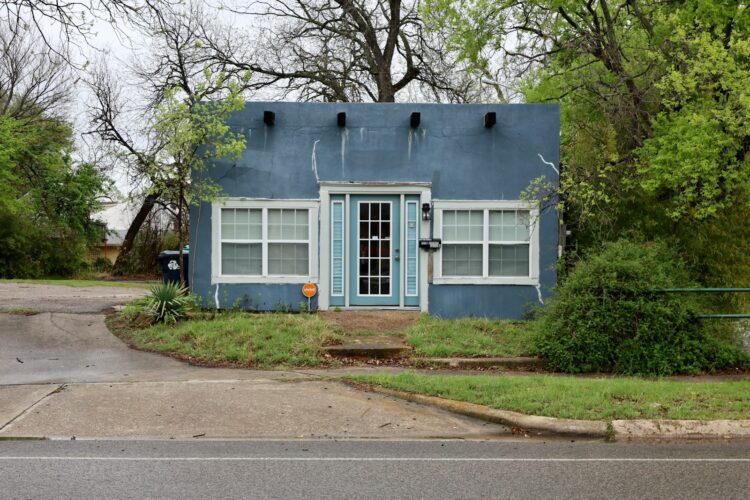
Actually, many people choose to stay. For some, this isn’t a stepping-stone—it’s home. Whether they left and came back or never felt the urge to leave in the first place, small-town life offers something many big-city folks are chasing: peace, connection, and the comfort of knowing exactly where you belong.
“Is there even internet here?”
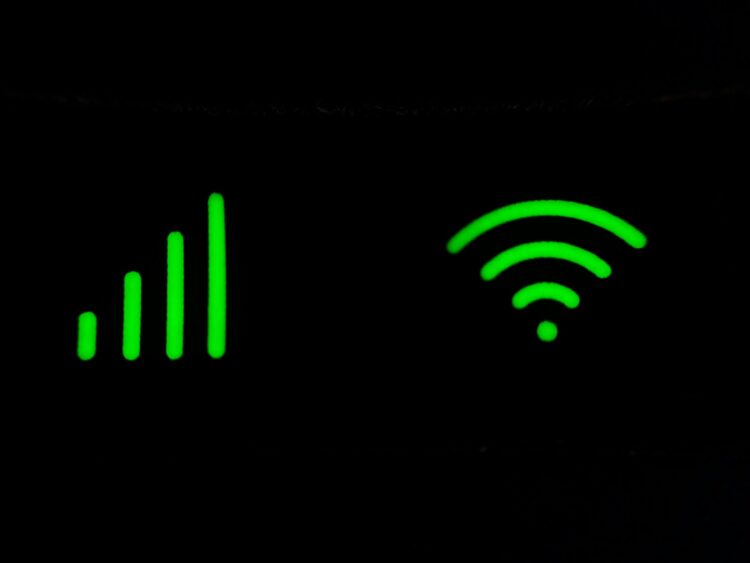
Yes. Believe it or not, people do work remotely, stream Netflix, and video call their relatives from places without skyscrapers. While rural areas may still have gaps in broadband, most small towns are well-connected. It’s a tired joke—and often just wrong. The only thing offline might be your assumptions.
“Don’t you feel like you’re missing out?”
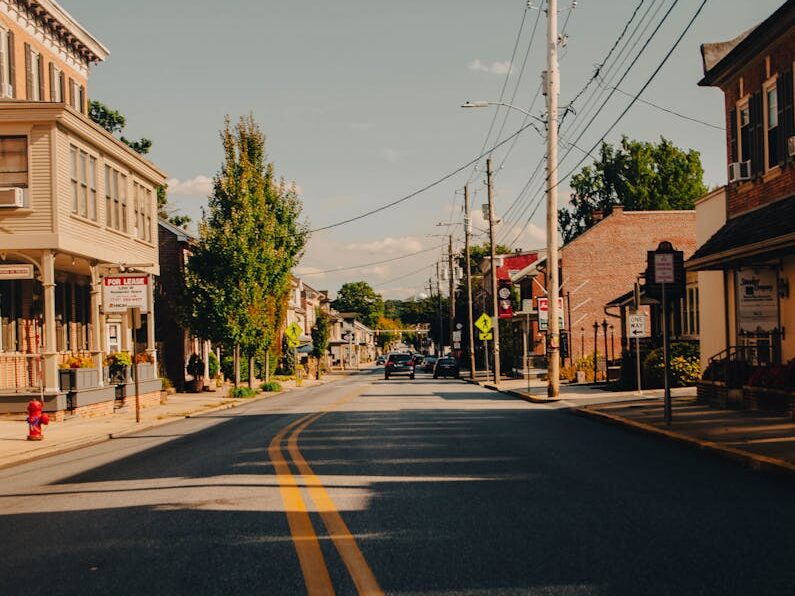
On what—congestion, noise, sky-high rent? Small-town Americans don’t feel deprived. They feel grounded. Their idea of a good Friday night doesn’t need a cover charge. If anything, it’s city dwellers who might be missing out on open space, silence, stars, and neighbors who know your name (and your dog’s name, too).
“You’ve probably never tried real [insert trendy food here].”
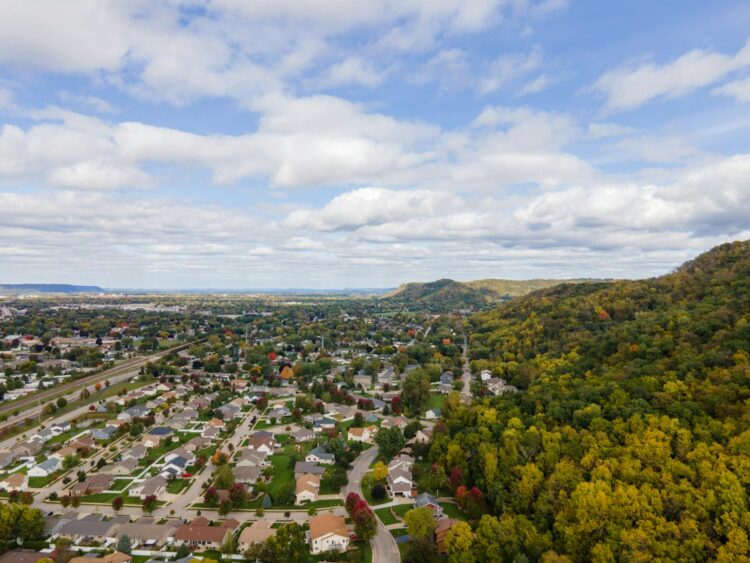
Don’t underestimate a small-town cook. They’ve been fermenting vegetables, smoking meat, baking from scratch, and growing herbs since long before it was trending online. Some of the best meals you’ll ever eat come from a kitchen with no Yelp reviews, just generations of passed-down know-how and a whole lot of butter.
“Isn’t it kind of… boring?”
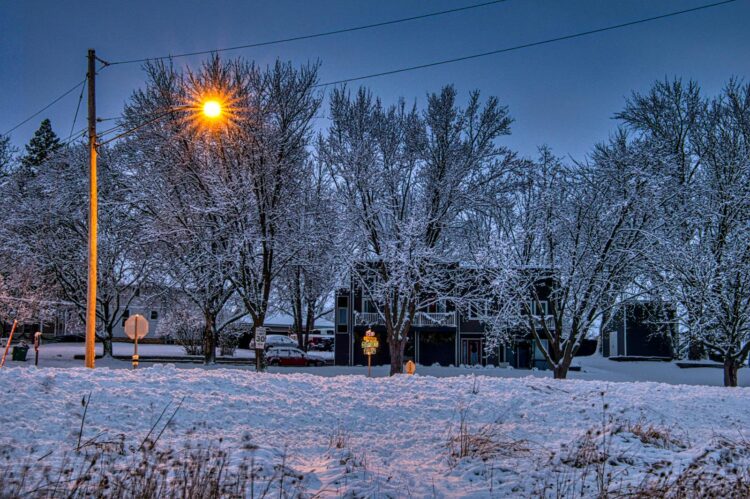
Slower, yes. Boring? Depends on your definition. If you need constant stimulation to avoid boredom, that’s on you. Small-town life isn’t empty—it’s spacious. It gives you time to think, to talk, to be present. There’s a quiet richness here, and for people who value quality over noise, it’s anything but dull.
“I could never live without [insert city thing].”
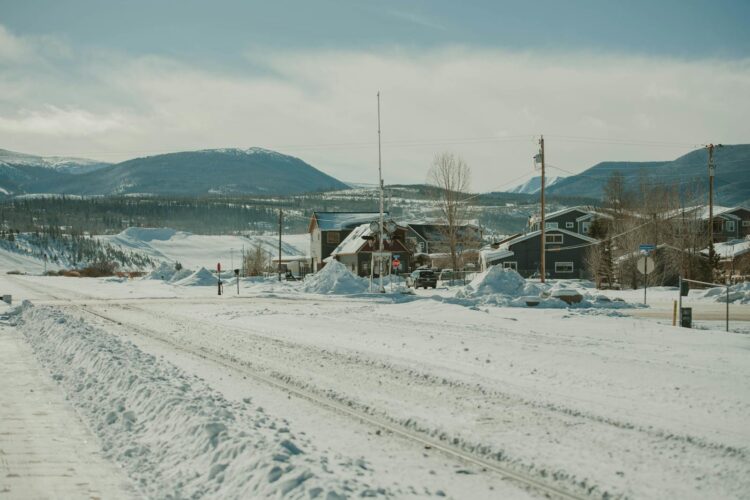
That’s fine—but don’t expect small-town folks to agree. They’ve traded Uber and all-night takeout for peace, connection, and a house where the yard isn’t a rumor. The perks may be different, but they’re real. You don’t have to understand it, but don’t dismiss it either.

